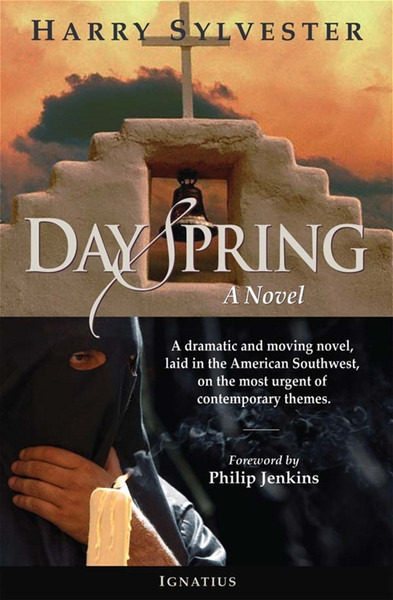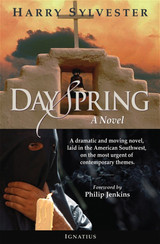Product Overview
In order to study the religious practices of the Penitentes, a brotherhood of local men who engage in severe, medieval penances, Bain feigns a conversion to Catholicism and participates in their Lenten observances, including their dramatic public procession on Good Friday.
Nothing in Bain’s skeptical academic training has prepared him for the profound remorse that he begins to experience. Though no sentimentalist with respect to the poor and ignorant who surround him, he cannot help but contrast the simple yet solid lives of the men and women he studies with his own fruitless relationships and those of the jaded, over-sexed sophisticates — the self-proclaimed artists and intellectuals — he considers his peers.
Artistically descriptive of the rugged Southwest and the people who dwell there, the novel also movingly portrays the inner landscape of a man coming to grips with his need for redemption. Author Harry Sylvester masterfully illustrates both the objective reality and the subjective experience of guilt and grace.
Editorial Reviews
“Dayspring is timeless in that it deals with an ordinary man suddenly and shockingly exposed to eternal realities far beyond his experience or comprehension. Not only was Harry Sylvester a powerful novelist in his own right, but Dayspring belongs in the very select list of American spiritual classics, of its great Christian novels. . . This is a thoroughly modern book in the questions it asks about the nature of Christianity, and the tremendous spiritual appeal of the forms of faith found in the Southwest. It is above all a novel of conversion, of how the rising sun of faith begins to ‘enlighten those who sit in darkness and in the shadow of death.’ ”
— Philip Jenkins, Professor of Humanities, Pennsylvania State University



